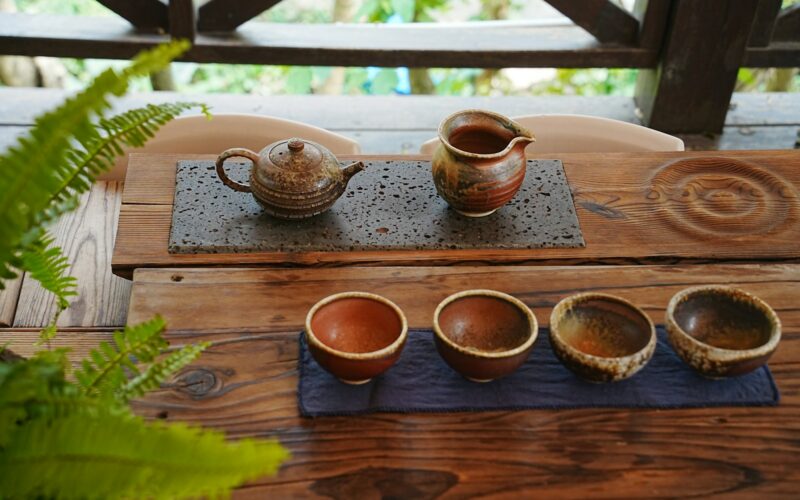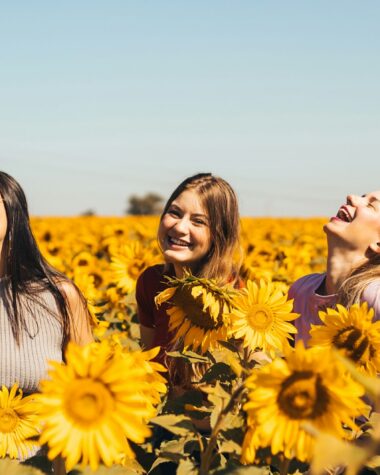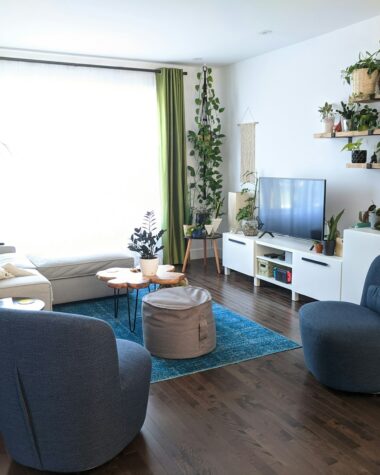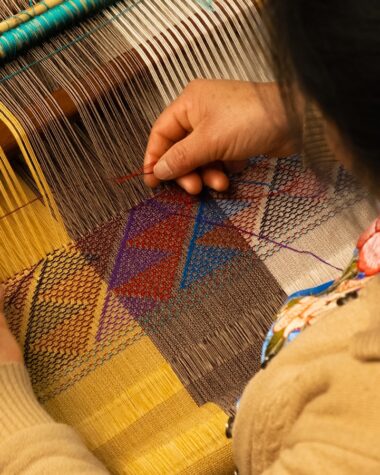Culture comes alive through rituals—practices that have been refined over generations, blending history, symbolism, and community. Experiencing these rituals offers more than just a glimpse into another way of life; it provides insight into values, beliefs, and the shared human experience. In 2025, travelers and cultural enthusiasts are increasingly seeking immersive experiences that connect them to traditions beyond their own.
Cultural rituals are often deeply symbolic, reflecting life stages, seasonal cycles, or spiritual beliefs. From colorful festivals to serene ceremonies, each ritual has a story, a purpose, and a lesson to teach. Participating—even as an observer—can broaden perspectives, foster empathy, and create lasting memories.
1. Japanese Tea Ceremony
Mindfulness in Every Step
The Japanese tea ceremony, or “chanoyu,” is a ritualized preparation and serving of matcha tea. Every movement, from whisking the tea to presenting the cup, is deliberate, reflecting harmony, respect, purity, and tranquility.
Lessons for Life
Participating in a tea ceremony teaches patience, attention to detail, and appreciation for simplicity. It transforms an ordinary beverage into a meditative, meaningful experience.
2. Moroccan Hammam Rituals
A Tradition of Cleansing and Community
In Morocco, the hammam is a public bathhouse where cleansing goes beyond the body to refresh the mind. Exfoliation, massage, and steam combine to rejuvenate participants physically and mentally.
Cultural Significance
Hammams have historically been spaces for social interaction, celebration, and preparation for important life events. Experiencing a hammam offers insight into communal life and wellness traditions.
3. Indian Holi Festival
Celebration of Color and Joy
Holi, the festival of colors, marks the arrival of spring and the triumph of good over evil. Participants throw vibrant powders, dance, and share sweets, creating an atmosphere of pure joy.
Symbolism and Community
Holi encourages forgiveness, renewal, and unity. Joining the festival—even as an observer—provides a firsthand experience of cultural expression, community bonding, and celebration of life.
4. Spanish Siesta and Evening Rituals
Pause for Reflection
In many parts of Spain, the siesta remains a valued tradition. Midday rest, family meals, and leisurely evening strolls allow for balance and rejuvenation.
Connection to Daily Life
Experiencing a siesta highlights the importance of slowing down, prioritizing rest, and valuing family and community—a lesson often overlooked in fast-paced modern societies.
5. Balinese Offerings and Ceremonies
Daily Devotion and Gratitude
In Bali, small offerings of flowers, rice, and incense are placed daily in temples, homes, and businesses. These acts honor spirits and express gratitude.
Immersive Spiritual Insight
Witnessing or participating in these ceremonies offers a sense of mindfulness, reverence, and connection to nature and community, even for those outside the culture.
6. Ethiopian Coffee Ceremony
Community in a Cup
The Ethiopian coffee ceremony transforms simple beans into a ritual of hospitality and connection. Roasting, grinding, and brewing coffee is done carefully, often lasting hours, and served with conversation.
Cultural Lessons
Participating in this ritual emphasizes patience, social bonding, and appreciation for process—showing that everyday acts can carry deep significance.
7. Brazilian Carnival Preparations
Behind the Spectacle
Carnival in Brazil is world-famous, but the preparation itself—costume making, samba rehearsals, and community organization—is a ritual of creativity, teamwork, and cultural pride.
Experiencing Collective Passion
Engaging with these preparations, even as a visitor, allows a deeper understanding of Brazilian culture, artistry, and communal celebration.
8. What NOT to Do When Experiencing Cultural Rituals
Disrespect or Disruption
Avoid treating rituals as entertainment without respect. Observing rules, dressing appropriately, and seeking permission when needed are essential.
Ignoring Context
Rituals have meanings and purposes. Focusing solely on the spectacle misses the deeper lessons and significance behind each practice.
9. How Cultural Rituals Enrich Life
Building Empathy and Understanding
Experiencing rituals fosters appreciation for diversity, promoting empathy and global awareness. It reminds us that shared human values—family, gratitude, celebration—exist in many forms.
Creating Lasting Memories
Participating in or witnessing rituals leaves lasting impressions. The sensory experience—colors, sounds, scents, tastes—deepens cultural immersion and personal reflection.
10. Why Experiencing Rituals Matters in 2025
Connection Beyond Travel
Rituals provide authentic cultural engagement, far beyond tourist attractions. They allow individuals to step into another worldview and understand perspectives different from their own.
Personal Growth Through Observation
Observing rituals teaches patience, humility, and mindfulness. It encourages reflection on personal values, habits, and ways to incorporate meaningful practices into daily life.
Conclusion
Cultural rituals are windows into the soul of a community, offering lessons in patience, connection, creativity, and mindfulness. From Japanese tea ceremonies and Moroccan hammams to Ethiopian coffee rituals and Brazilian Carnival preparations, each experience teaches us something about human values, tradition, and shared joy.
Participating in or observing these rituals can transform travel into deeper cultural engagement. It reminds us that life’s richness often lies in the small, symbolic acts that connect us across generations, borders, and beliefs.








